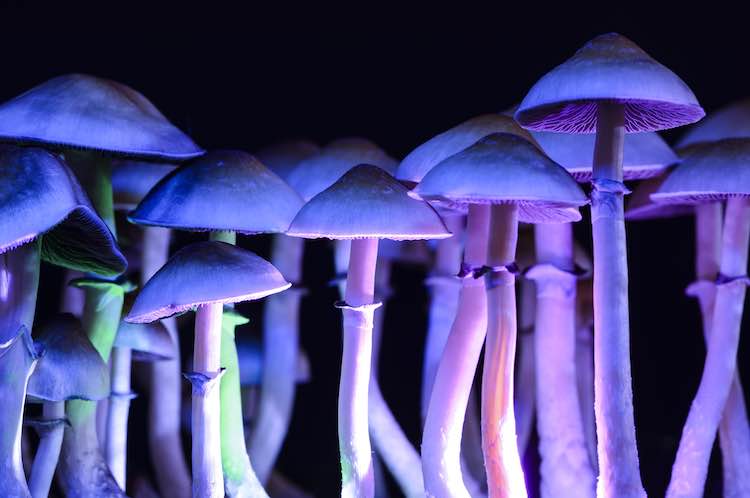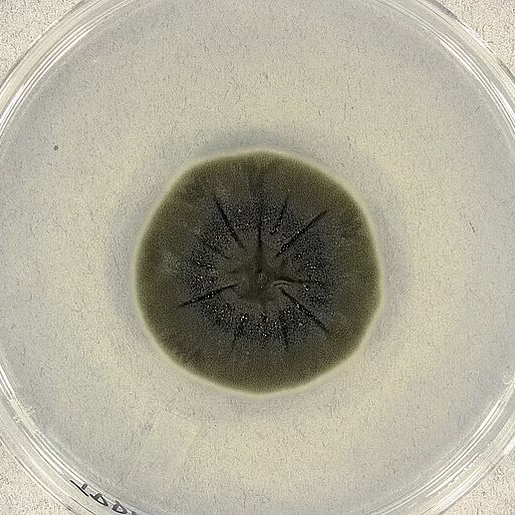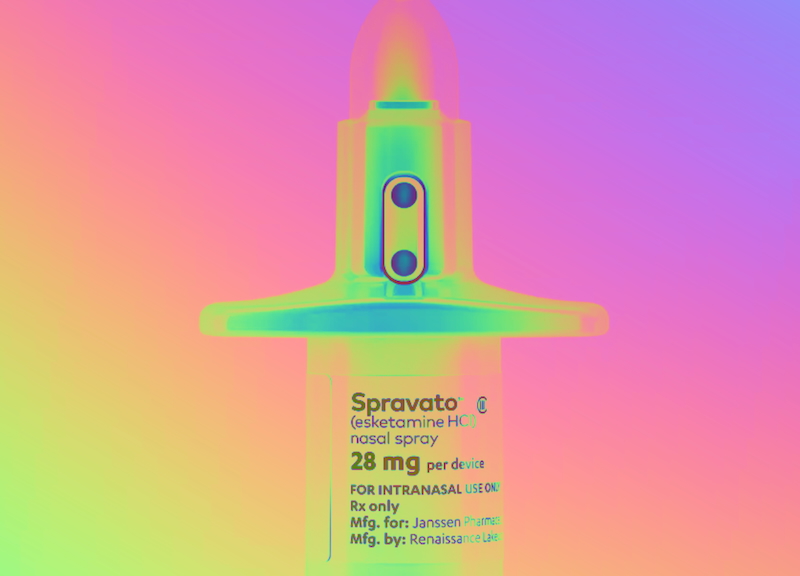Psychedelic-assisted therapy has produced remarkable outcomes for mental health conditions, from depression to addiction. Many researchers are observing a striking pattern: the more profound or “strong” the psychedelic trip, the greater the therapeutic benefit. In other words, the intensity and quality of the psychedelic experience – often described in terms of “mystical” or transformative elements – appears closely tied to the degree of healing that follows. Recent studies on psilocybin (magic mushrooms), LSD, and ayahuasca support this idea. They suggest that deep, immersive psychedelic journeys (especially in guided, safe settings) can lead to greater improvements in mood, outlook, and well-being than milder experiences. In this blog, we’ll explore the latest research behind this phenomenon, hear what experts say, and even listen to participants describe how powerful trips changed their lives.
Mystical experiences and therapeutic outcomes
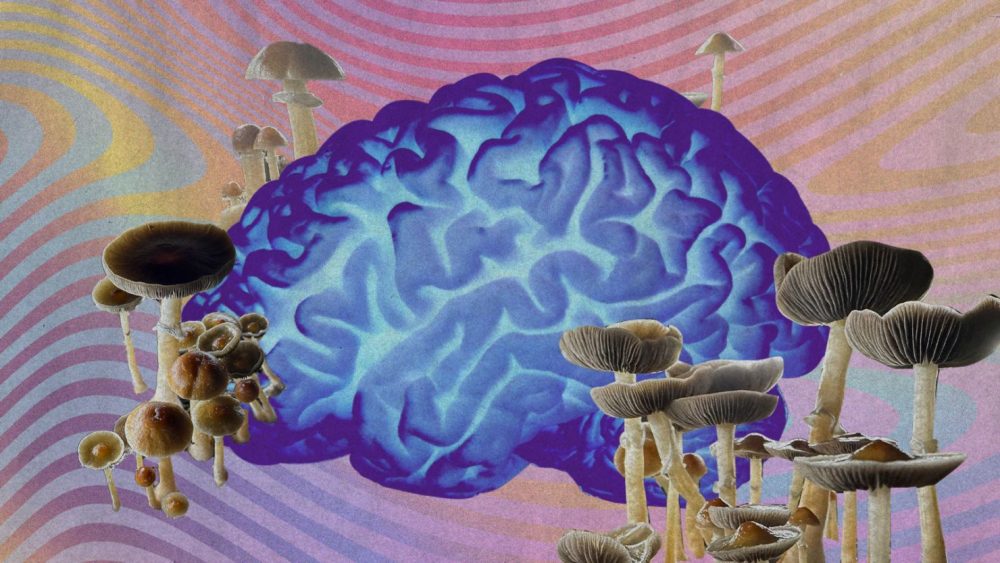
When people talk about a “strong” psychedelic trip, they often mean a mystical-type experience – a state of ego-dissolution, unity, awe, and intense emotional or spiritual insight. Scientists actually measure this using tools like the Mystical Experience Questionnaire. It turns out higher mystical experience scores correlate with better clinical outcomes across numerous studies. A 2025 meta-analysis pooled results from trials of classical psychedelics and found a significant positive correlation (r ≈ 0.33) between the intensity of mystical experience and clinical improvement. In mood disorder treatments, this link was even stronger (r ~0.41), meaning patients who went “deeper” into a psychedelic journey tended to have greater relief from depression or anxiety.
Crucially, this relationship shows up in rigorous settings. That meta-analysis noted the effect was most pronounced in controlled therapeutic environments (correlation r ~0.50 in clinical trials) compared to casual or “naturalistic” use. In other words, when psychedelics are administered with preparation, support, and integration (as in clinical research), a powerful trip often translates to significant healing. The findings align with earlier evidence: for example, an LSD therapy trial for anxiety reported that patients who had more intense mystical experiences showed larger long-term reductions in anxiety symptoms.
What exactly is a mystical experience in this context? It typically involves feelings of unity (being “one” with people, nature, or the universe), sacredness, ego transcendence, and profound insight. One recent review described it as “the ultimate intangible experience of unity with all things…accompanied by feelings of reverence”. Patients often report that such experiences fundamentally shift how they view themselves and their problems. In a systematic review of psychedelic therapy across various conditions, mystical or spiritual aspects were widely reported as key to healing – including under psilocybin, ayahuasca, and even ibogaine sessions. These transpersonal episodes (feeling connected to a greater whole, or encountering a higher meaning) frequently co-occur with major psychological breakthroughs.
Why a deeper trip can mean greater healing
Psychedelic researchers suggest that profound experiences drive lasting therapeutic change by allowing people to process emotions and perspectives in a radically new way. Robin Carhart-Harris and colleagues have noted that “the quality of the acute psychedelic experience predicts therapeutic efficacy.” In studies of psilocybin for depression, patients who experienced “oceanic boundlessness” (a deep feeling of unity and ego-loss) and had low fear of ego-dissolution showed the best improvements in depression. Essentially, embracing the intense effects – rather than resisting them – is associated with better outcomes. Even challenging or difficult trips can be healing if properly supported. A 2023 survey of nearly 1,000 psychedelic users (led by Dr. Alan Davis) found that mystical and insightful experiences were linked to enduring reductions in anxiety and depression, and even those who had frightening moments often reported positive benefits afterward. “Sometimes the challenge arises because it’s an intensely mystical and insightful experience that can, in and of itself, be challenging… [but] challenging experiences can actually be related to positive outcomes,” Dr. Davis explains. This highlights an important point: the most transformative trips aren’t necessarily easy or pleasant throughout. They may involve confronting fear, grief, or ego, but working through those difficulties in the session often leads to an emotional breakthrough and healing resolution.
Substances like ayahuasca exemplify this “intense but healing” pattern. Ayahuasca ceremonies often induce powerful visions and purgative emotions. Research indicates that the mystical ordeal is part of why ayahuasca can have lasting antidepressant effects. A recent review noted that “the combination of both biochemical mechanisms and the unquantifiable ‘mystical experience’ contributes to the lasting anti-depressant effects of ayahuasca”. In clinical and community settings, people who had positive mystical experiences during ayahuasca sessions showed greater improvements in depression and well-being. Likewise, psilocybin studies for depression and addiction have repeatedly found that higher mystical experience scores predict larger drops in symptoms. It appears that these deeply affecting experiences can “reframe” a person’s mindset – for instance, providing a sense of meaning, self-acceptance, or connection that persists long after the drug has worn off.
Neurological research is starting to back this up. High-intensity psychedelic states (especially those engaging the 5-HT2A serotonin receptors strongly) may induce greater neuroplasticity – essentially, the brain becomes more malleable and open to forming new connections or thought patterns. One theory posits that a powerful psychedelic journey opens a “window” of accelerated psychological change, allowing therapy and new insights to take root more effectively. Intense mystical experiences often come with surges in emotional response and perceptual shifts that can “shake up” rigid negative thought loops, potentially explaining why, say, a single high-dose psilocybin session can lead to months of improved mood. As Dr. Alan Davis’s study suggests, even challenges during the trip can be therapeutic – if a participant works through a frightening moment (with the support of a therapist or guide), they might emerge with a newfound sense of mastery, peace, or understanding of their psyche. In clinical trials, therapists encourage patients to “trust, let go, and be open” during high-intensity experiences, precisely so those deep emotional confrontations can transform into positive outcomes.
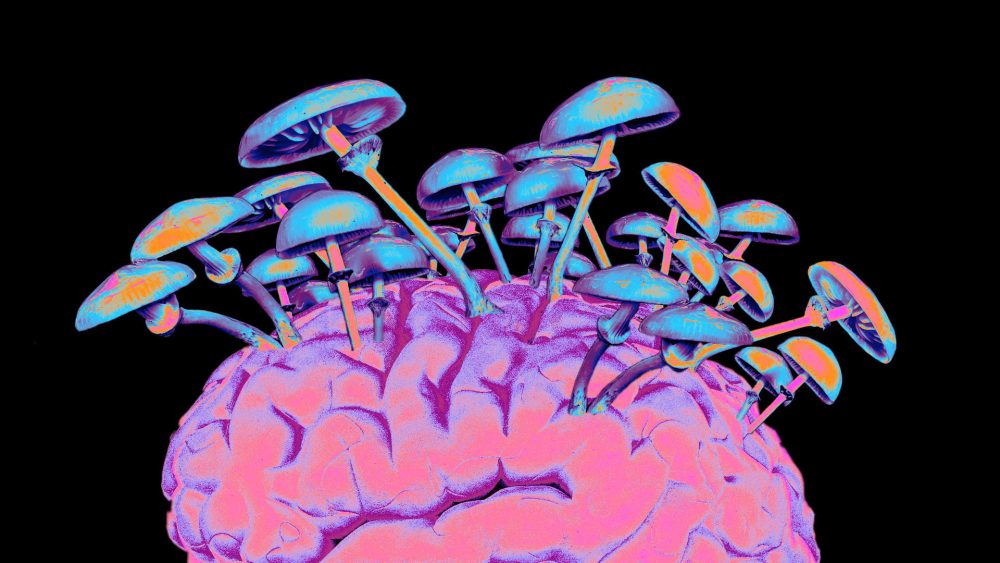
Voices of transformation: personal testimonials
The research data is compelling, but it’s often the personal stories that illustrate how a strong trip heals. Many participants describe their high-dose psychedelic sessions as among the most meaningful events of their lives, catalyzing changes in perspective that conventional treatments hadn’t achieved. For example, in one psilocybin trial for people with end-of-life anxiety, a patient recounted how the session gave her a profound sense of interconnectedness and comfort with mortality:
“(The psilocybin) just opens you up and it connects you … it’s not just people, it’s animals, it’s trees — everything is interwoven, and that’s a big relief… I think it does help you accept death because you don’t feel alone…you’re just not alone.”
After such an intense mystical experience of unity, the fear of “going off into nothingness” dissipated for this individual. She felt part of a larger continuum of life, which helped her find peace and acceptance in the face of death. This is a powerful example of how a deeply profound trip can directly translate into therapeutic benefit (in this case, alleviating existential anxiety and loneliness).
Others describe a kind of ego-death and rebirth during peak psychedelic moments that allowed them to break free from depression. In a psilocybin study for treatment-resistant depression, one participant said, “I was everybody… one life with 6 billion faces… asking for love and giving love”, illustrating a complete dissolution of ego boundaries. Such feelings of unity and self-transcendence often come with a huge emotional release. Patients report that they can confront painful memories or emotions in this state and come to terms with them, almost as if years of therapy were compressed into a few hours. Researchers from Johns Hopkins and other institutions have noted that patients who achieve a “complete” mystical experience frequently show the most dramatic improvements in measures of well-being, life satisfaction, and behavior change months later. For instance, in smoking cessation trials, those who had powerful mystical experiences with psilocybin were far more likely to remain abstinent from cigarettes at follow-ups than those who did not – suggesting the deep experience facilitated a fundamental shift in mindset (like viewing oneself as healthy and connected, rather than as an addicted individual).
Ayahuasca users in naturalistic settings similarly testify that intense journeys lead to healing revelations. Common themes include re-experiencing past traumas in a new light or feeling a spiritual communion that helps them forgive, let go, or find purpose. In one qualitative study, people described ayahuasca sessions as “emotionally a roller coaster ride … very brutal, painful… it was pure pain” at first, but after working through that pain, the second half was “sublime… love, expansion, holding”, culminating in what they perceived as a spiritual experience of healing. This aligns with the idea that “breaking down” (facing difficult emotions) can lead to “breaking through” – a catharsis and positive transformation – within a single powerful psychedelic journey.
Balanced perspectives and integration
While the link between trip intensity and healing is exciting, experts caution that it’s not simply about taking the highest dose possible. Set, setting, and integration are critical. The research findings don’t mean that every intense trip automatically heals; rather, when an intense experience is skillfully facilitated and integrated, it tends to produce greater positive change. A bad trip in the wrong setting could just as easily be traumatizing instead of therapeutic. Thus, intensity should be coupled with proper support. Clinical trials ensure a safe environment – trained guides, comfortable setting, and integration therapy afterwards – so that participants can derive meaning from even the most overwhelming experiences.
It’s also worth noting that “intensity” encompasses both mystical highs and challenging lows. As we saw, a journey might involve terror and bliss in turns. The key is reaching a resolution or insight by the end of the session. Researchers emphasize that how one processes the experience is vital. For example, one study found that people who had a challenging episode during their trip, but managed to navigate through it to a point of emotional breakthrough, still achieved excellent therapeutic outcomes. Those challenging moments can even amplify the later sense of relief or insight – much like how overcoming a hurdle in therapy leads to growth. “Resolving these experiences can predict long-term well-being,” one review noted, highlighting that successfully working through difficult content during a psychedelic session often foreshadows sustained positive changes.
Integration therapy after the session is where the “meaning-making” happens. In integration, individuals reflect on their intense visions or emotions and anchor new perspectives into everyday life. The intense experience might show someone a world without their depression, or a forgiveness toward themselves or others – but integration helps turn that into concrete mindset shifts and habits. Therapists report that patients who had the most jaw-dropping, profound trips often come out of them with a strong motivation to change (e.g. quit harmful habits, repair relationships, practice self-care) because they feel they’ve “seen the light” in a sense. The enduring benefit, then, is not just from the neurochemical effects of the drug, but from the psychological and spiritual impact of the experience.
Conclusion
“The stronger the psychedelic trip, the more healing it may provide” – the evidence increasingly supports this claim, with important caveats. Recent research on psilocybin, LSD, and ayahuasca shows that immersive, profound psychedelic journeys are reliably associated with better therapeutic outcomes, especially for conditions like depression, anxiety, and addiction. Patients who allow themselves to go deep – experiencing ego-transcendence, unity, and intense emotional insights – often emerge with significant improvements in mental health and outlook. These outcomes range from reduced depression and anxiety, to lasting changes in behavior, to newfound peace in the face of illness or death.
However, context is everything. A strong trip can be life-changing or overwhelming – or both. The therapeutic power of an intense psychedelic experience is most reliably harnessed when done with preparation, guidance, and integration. Under those conditions, even challenging moments become part of the healing process, rather than detours from it.
For those curious about psychedelics, the takeaway is not necessarily “take a higher dose,” but rather “seek a meaningful, guided experience if you’re looking for healing.” The intensity that matters is not just visual fireworks, but the depth of insight and emotion. As science continues to explore this frontier, we’re learning that quality often trumps quantity when it comes to tripping – a single deeply meaningful journey can catalyze more change than many superficial ones. And indeed, when it comes to psychedelics and healing, going deep may be the way we finally help patients break through.
Sources:
Recent meta-analyses and clinical trials linking mystical experience intensity to outcomes
pubmed.ncbi.nlm.nih.govpmc.ncbi.nlm.nih.gov;
reviews on psychedelic therapy mechanisms
pmc.ncbi.nlm.nih.govpmc.ncbi.nlm.nih.gov;
survey research on challenging vs mystical experiences
news-medical.netnews-medical.net;
qualitative patient reports from psilocybin and ayahuasca studies pmc.ncbi.nlm.nih.govpmc.ncbi.nlm.nih.gov.

